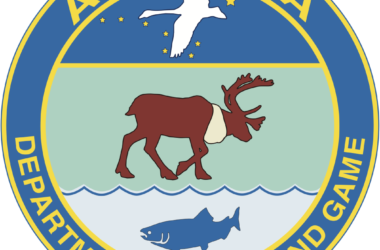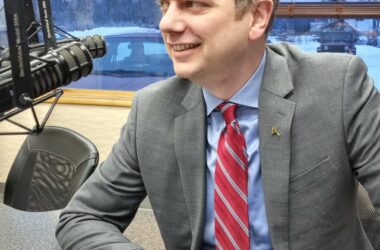The Kenai Peninsula Borough Assembly approved a resolution that would authorize the sole source purchase of a new LM-HT® Concentrator for leachate evaporation from Heartland Water Technologies for the Central Peninsula Landfill. The landfill’s capacity for disposal of leachate in the lined cells is less than is produced annually and a new concentrator is needed to increase evaporation capacity and decrease leachate inventory.
Solid Waste Director Lee Frey said:
“We are looking to put in a new evaporator and increase our capacity for evaporating leachate significantly more than we produce in an annual basis according to the model. This does offer us a significant improvement over our existing one in addition to capacity. We’re looking at adding acid injection as well which helps with the scaling issues within the piping, which is a major concern in downtime issue for us right now.”
Frey noted that this one is capable of 30,000 gallons per day while the old one is capable of 12,000 gallons per day:
“With the increase in capacity, we’re expecting to be able to evaporate around 10 million gallons a year, roughly, as well as the floating evaporator that we’re installing as well. The models show we produce anywhere from 6 to 7 million gallons a year. The hope is that this helps us catch up on the existing inventory we have and get that back into compliance with our permanent regulations and get us back to where we should be and not worrying about leachate so much.”
Frey spoke on if there are environmental limitations of how much leachate can evaporate in the air:
“Not at this time. There are potentials that there could be some air regulations in regards to the evaporate going out in the future, but at this time, that’s not a regulation that we’re bound on. It’s just one of those things being discussed in the industry for the future.”
The new LM-HT® Concentrator and associated services for leachate evaporation from Heartland Water Technology is expected to cost about $3 million pus shipping costs not to exceed $50,000. Funding for the purchase is expected to be a combination of ARPA grant funds already appropriated and a pending grant application currently in the process of being accepted for the Central Peninsula Landfill Leachate Volume Reduction Project.






